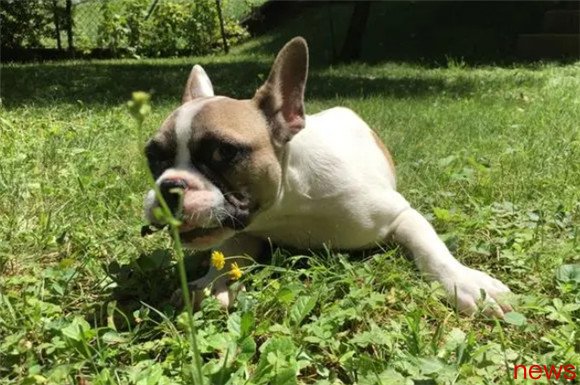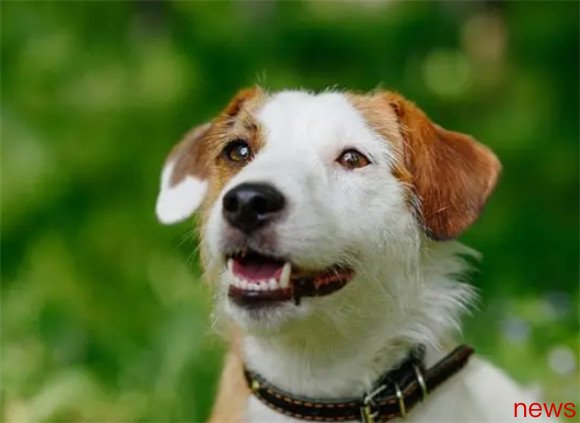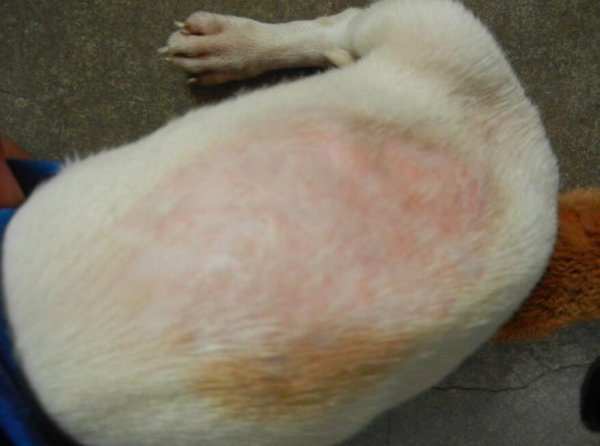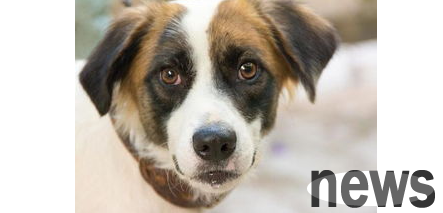The secret of dog personality: How do they transform as adults?
When discussing the topic of whether dogs’ personality changes when adults, we first need to be clear that dogs’ personality is a complex and multidimensional concept, which is influenced by multiple factors such as genetics, environment, social experience, and training methods. As dogs grow from puppies to adult dogs, their personality may indeed undergo a series of subtle and significant changes. Below, we will analyze this change process in depth from several key aspects.

Genetics and Basic Characters
Each dog carries genetic information from its parents at birth, and these genetic factors determine their basic character traits to a certain extent. For example, some breeds are naturally more active, such as Border Collies and Labradors; while others are more calm and restrained, such as Bulldogs and Pugs. However, it is worth noting that inheritance is only part of character shaping, and the environment and acquired experience are just as important.
Environmental adaptation during growth
As dogs grow, they gradually begin to adapt and integrate into the family environment. In this process, the family atmosphere, the way family members get along, and the dog’s role positioning at home will have a profound impact on their personality. If dogs live in a loving, stable and regular environment, they often develop a more confident, friendly and stable personality. Conversely, if the environment is volatile, insecure or neglected, the dog may become anxious, irritable, or overly dependent.
Accumulation of social experience
Adult dogs will also change their personalities as their social experience continues to increase. Early interactions with peers, humans, and other animals provide them with opportunities to learn social rules and understand behavioral boundaries. A dog that has been fully socially exercised during childhood can often cope with various social occasions more freely after adulthood and show higher social skills and adaptability. Instead, dogs with no social experience may feel uneasy or fearful when facing new things or strangers.
Training and behavioral shaping
training is one of the important means of shaping dog's personality. Positive training methods such as rewards, praise and guidance can help dogs develop good behavioral habits and positive personality traits. For example, dogs who often conduct obedience training not only learn basic instructions and rules, but also develop self-discipline, patience, and concentration. At the same time, interaction and communication during the training process also deepens the emotional connection between the dog and its owner, and promotes the maturity and stability of the character.
Physical changes and personality adjustment
In addition to the above factors, physiological changes in dogs after adulthood may also have a certain impact on their personality. For example, as the secretion of sex hormones increases, unspasted dogs may experience increased territorial awareness, increased aggressiveness, or excessive courtship. Sterilization surgery helps prevent these behaviors from happening and makes the dog's personality more gentle and stable. In addition, as you age, dogs may gradually decline in physical strength and vitality, which may also lead to their more calm and quiet personality.

Deepening of emotion and cognition
Adult dogs will also improve in emotional expression and cognitive ability. They can understand their owner's emotions and needs more accurately and provide comfort or companionship when appropriate. At the same time, dogs will also develop their own unique personality and preferences, such as preference for certain toys and enthusiasm for specific activities. These changes make the dog's personality more colorful and make the emotional bond between us and them stronger.
Conclusion
To sum up, the change in dog's personality after adulthood is a complex and natural process, which is affected by multiple factors such as genetics, environment, social experience, training methods, and physiological changes. As owners, we should pay close attention to the growth process of dogs and guide and shape their dog’s character by providing a stable environment, positive social opportunities, scientific training and timely care. Only in this way can we help the dog grow into a healthy, happy and companion animal with a good personality. At the same time, we should also understand and accept the diversity and variation in dogs’ personalities, and spend a good time with them with a more tolerant and inclusive mindset.




